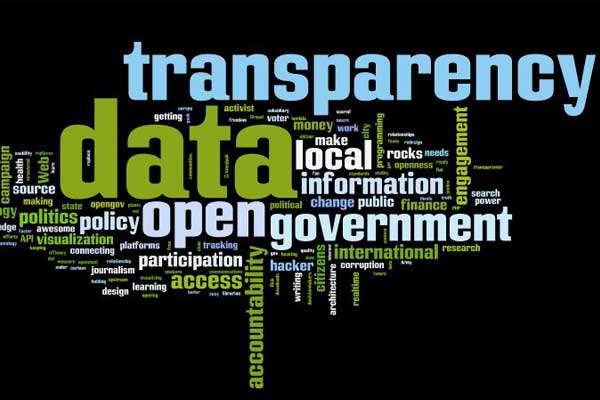Transparency in Campaign Disclosures May Have Unintended Consequences

Credit: Digiphile.wordpress.com

California is considering multiple bills named the Sunshine in Campaigns Act, aimed at increasing transparency in elections. As with any legislation it is important to examine the possible negative or unintended consequences.
Campaign finance disclosure laws continue to polarize representatives at the state and federal level. The US Senate failed to pass the DISCLOSE Act in 2012 along party lines. The bill received 51 Ayes (all Democrats) and 44 Noes (all Republicans), — short of the 60 votes required to break a filibuster.
In California, of 40 state senators, six voted against all three provisions of the Campaign Reform Act, all Republicans. Stark ideological contrast between the two major parties regarding campaign disclosure is evidenced by the Democrat’s persistence to pass legislation matched by the Republican’s ambition to protect legal avenues for anonymous donating.
California State Senator Joel Anderson (R-San Diego) voted against each segment of the Sunshine in Campaigns Act. He argues additional legislation does little to actually solve the real problem. When asked his position on the issue, Sen. Anderson responded:
“
Sharon Massey is the executive director of the San Diego Radio Broadcasters Association. As an organization originally opposed to SB 2, Massey described some of the campaign finance disclosure laws as “cumbersome”, and would prefer “an 800 number where everyone could go to one source and read up on who is doing what and where.”
Unlike television where campaign disclosure information can be instantly recognized alongside an ad, disclosing donors during radio broadcasts occupies airtime that could be used “for the message and it can sometimes be more than 50 percent of the unit. And so based off this they don’t use radio," Massey said, "We’re not against the disclosure, we’re just asking for a different way to do it.”
Campaign finance disclosure legislation such as SB 2 further dissuades political ads being broadcast via the radio because of the increased amount of mandatory information.
As disclosure transparency increases, anonymity inevitably decreases, revealing possible donors who may have a vested interest in remaining confidential. The era of political machines and political bosses like William “Boss” Tweed has come and gone, but many local governments in America continue to deceptively discriminate and hire candidates on political bases. Job listings, promotions, and top-tier salaries in certain local government networks are available only to those members of the dominant political party.
Prospective contributors who reside in districts with contrary prevailing political views can be dissuaded from participating in the political process for fear of retribution -- leading to 'tyranny of the majority' in a sense. After all, the First Amendment was passed to protect unpopular speech; popular speech seldom needs such rigorous protection.
Coercing citizens to reveal the nature of their political contributions may not intend to dissuade voter participation, but revealing political contributions does have that effect. Likewise excessive disclosure requirements for information clutters campaign ads, placing costly burdens on candidates, many of which can ill-afford the added expense.



